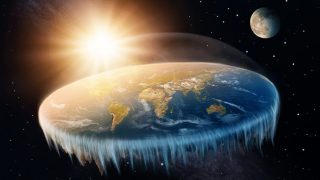
Fifty years of the Paretian liberal paradox.
2020 marks exactly half a century from the publication of one of the most important papers in the crossing of economics, philosophy, and political science (and, taking into account that it barely contained six skimpy pages, probably one of the most influential papers per page ever): Amartya Sen’s “The impossibility of a Paretian liberal”. It […]








